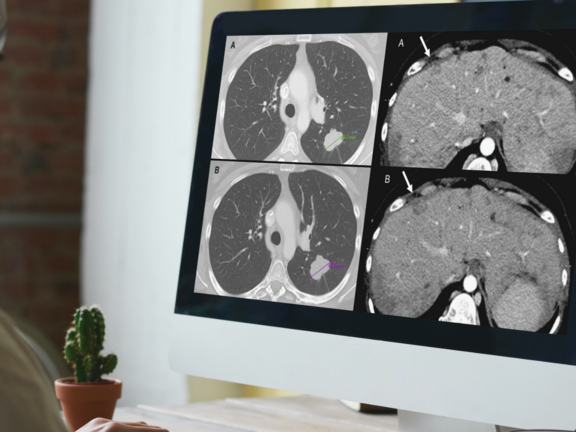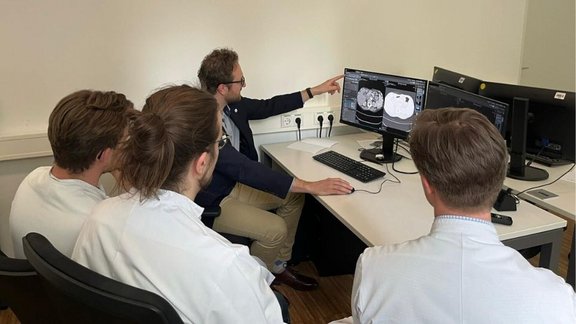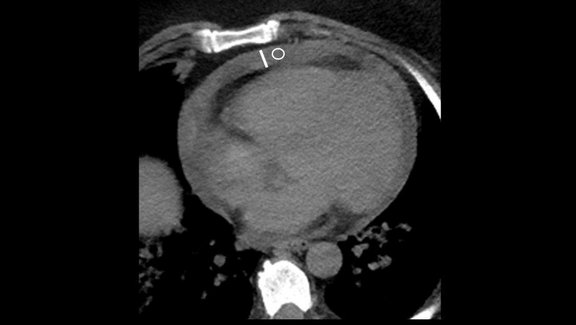A recent retrospective study led by Dr. Marilyn J. Siegel and her team at the Washington University School of Medicine in St. Louis has shed light on a critical issue in cancer care: routine clinical reads are more prone to overdiagnosing progressive disease when compared to RECIST 1.1 interpretations. This discrepancy holds significant implications, potentially leading to the premature discontinuation of effective treatments for cancer clinical trial participants and patients under standard care.
In this study, mint Lesion software was utilized for the criteria-based reads, determining overall response assessments according to RECIST 1.1 criteria, and generating structured reports for the clinical trial's principal investigator.
To learn more about the study's insights into the discrepant assessments and the suggested steps for mitigating this issue, click here.

Study Discovers Overdiagnosis of Progressive Cancer in Routine Clinical Evaluations
Related Resources
Related Resources

On-Site BZKF BORN Roll-Out Trainings Keep on Going
Our expert Steffen Rupp recently visited the Technical University of Munich to continue the on-site BZKF BORN Roll-Out Trainings. As mentioned…

Unveiling the Predictive Power of Pericardial Effusion in COVID-19 Outcomes
The COVID-19 pandemic wreaked havoc on healthcare systems worldwide, requiring a comprehensive understanding of disease progression for optimal…

Advancing Childhood Cancer Research: The Role of Technology in Brain Tumor Diagnosis and Treatment
Brain cancers account for more than 15% of childhood cancers and are the second most common childhood cancer [1]. Mint Medical is Going Gray in May…